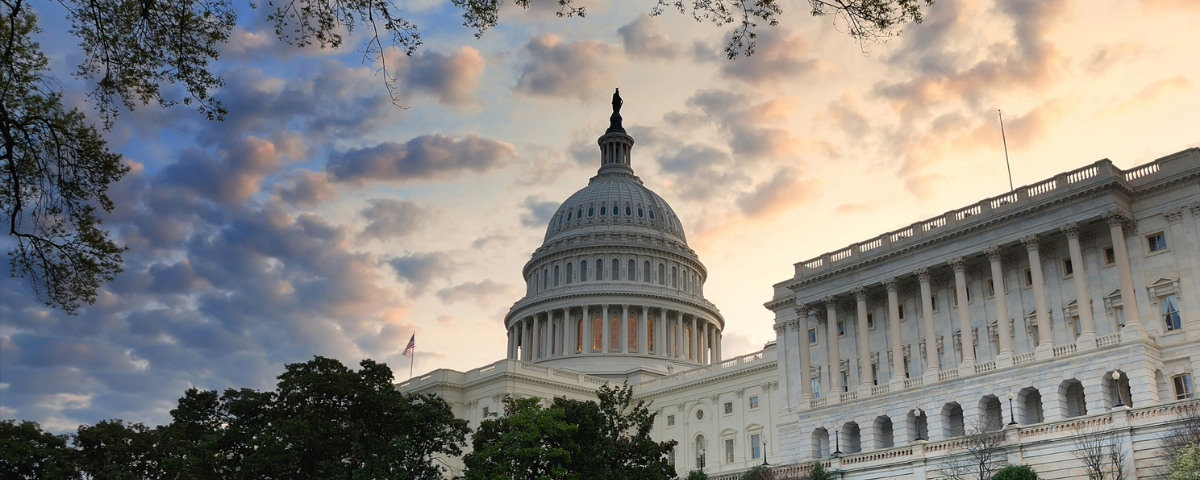At last month’s IBTM World, the Business of Events launched a study of more than 1,000 CVBs and DMCs responsible for promoting and attracting major congresses to their city or region. Mike Fletcher recounts the report’s key findings and gauges the reaction of the Washington D.C convention bureau.
Some 95% of city, regional and national convention bureaus, plus DMCs with a remit to attract business events to their destinations, believe that legacy is integral to staging major events, according to a Global Destination Report launched at IBTM World last month.
The Business of Events Global Destination Report interviewed 1,032 organisations between September and October this year from across Europe, North America, Oceania, Asia, Africa and the Middle East.
Legacy, as a cultural driver of events has been a key talking point in 2022 as destinations begin to harness the power of major congresses. Some governments actively encourage their business event teams to court conferences and conventions. which align with their own national policies.
The net result often improves societal schemes as well as the regional economy. According to the report, this is particularly pertinent for business events in the fields of healthcare, science, green energy, and technology.
According to Melissa Riley, VP Convention Sales and Services at Destination DC, the official destination marketing organisation and CVB for the US capital however, more work needs to be done as an industry in order to harness how legacy programmes work and importantly, how they can be tracked.
She says:
“We need to see more long-term case studies on successful legacy projects in order to improve education around what works and how to track the impact of a particular congress or event on under-served communities or a company’s core mission.”
Other key report highlights include the fact that just over half (56%) of respondents said that they report to a domestic Department of Tourism. This underlines that on a global scale, the business events sector is widely viewed as part of the supposed ‘visitor economy’, with governments and local authorities generally seeing the industry as part of the wider tourism mix.
“It’s a very typical structure right across the US,” Riley says. “Most of us are not a government agency but we do fall under the tourism umbrella. There’s a widely held philosophy that a great tourism destination makes for a great business destination and ‘bleisure’ is a widely used term.”
How are business events being viewed?
Yet, there is also a clear sign that the specific role played by business events departments is being taken more seriously. Respondents reported that how they are regarded by their city, regional or national government had ‘increased’ (55%) since 2019.
This is also evidenced by 52% of destination-focused organisations suggesting that their core funding had remained the same or had increased from 2019 to 2022.
“If there’s a sliver lining from the impact of the pandemic it’s that the huge loss of revenue we experienced from 2020 made what we do so much more relevant,” Riley states. “The US Government now fully recognises the importance of our bed tax system for funding social services and other platforms and if no-one is staying in hotels, then there is no social investment.
“The outcome has been advocacy for additional business tourism funding via a tourism recovery tax on-top of our existing bed tax model. In Washington D.C, it could result in up to US$20 million if it passes our local government legislation. Los Angeles is currently going through this and Boston has recently approved it. So across America, destinations are acting on the opportunity for adding more promotional dollars to their funding.”
“It’s the old adage of you don’t know what you’ve got until it has gone,” Riley concludes. “As a global industry, we serve so many different sectors through the economic development we provide and although there is much more to do, in Washington D.C we’re finally starting to see the recognition we deserve.”
For more insights and to download The Business of Events Global Destination Report 2022, head to the forum’s website here.
You may also be interested in…

